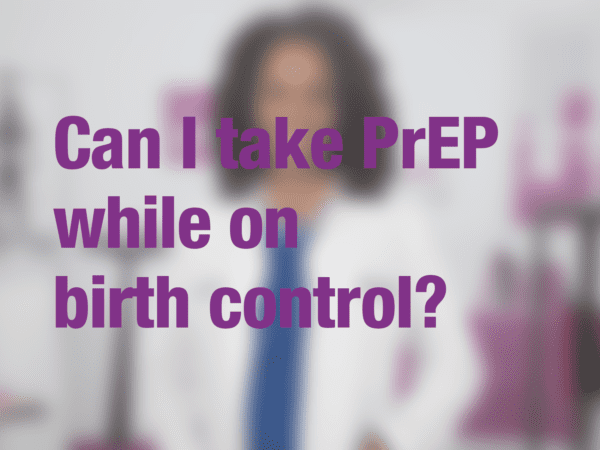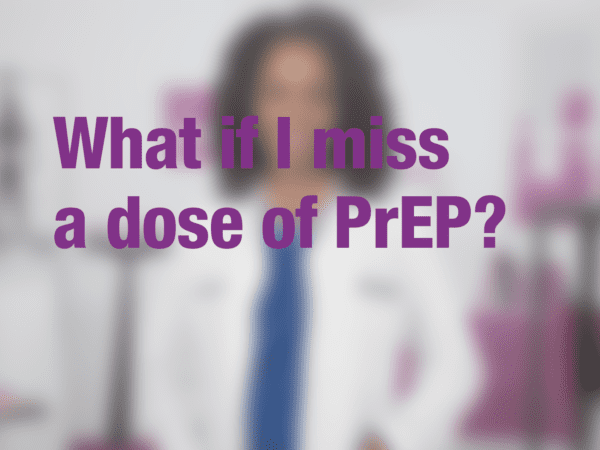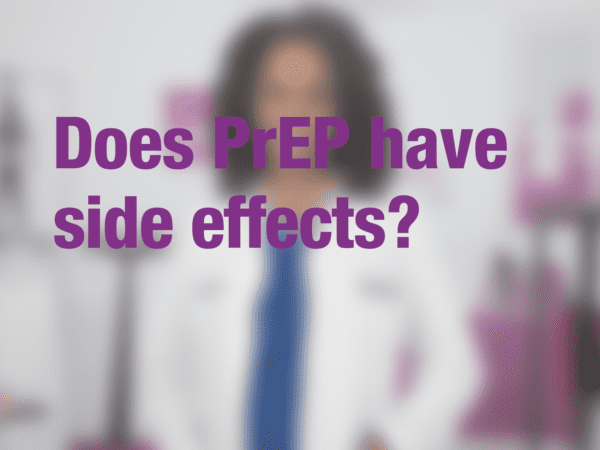Dr. Flash reviews the process of getting and staying on PrEP.
To get on PrEP, you will need a prescription from a healthcare provider, such as a medical doctor or nurse practitioner.
Once you find a PrEP provider, you will likely be asked some questions to help you determine if it is a good for you, which may include questions about your sexual history and condom use.
You will also need to take an HIV test to make sure you do not already have the virus, as well as have your kidney function checked. You will also be tested for hepatitis B and C viruses.
Once the test confirms you don’t have HIV, you can get a prescription for PrEP. Sometimes the first supply will be for one month, so you may be asked to come back so your provider can see how you are responding to PrEP. If all is going well, you should then receive three-month prescriptions and will need to have check-ups four times a year, at each of which you’ll be re-tested for HIV. You will also get kidney function and STD tests at least every six months.
Click here for more information on PrEP.


